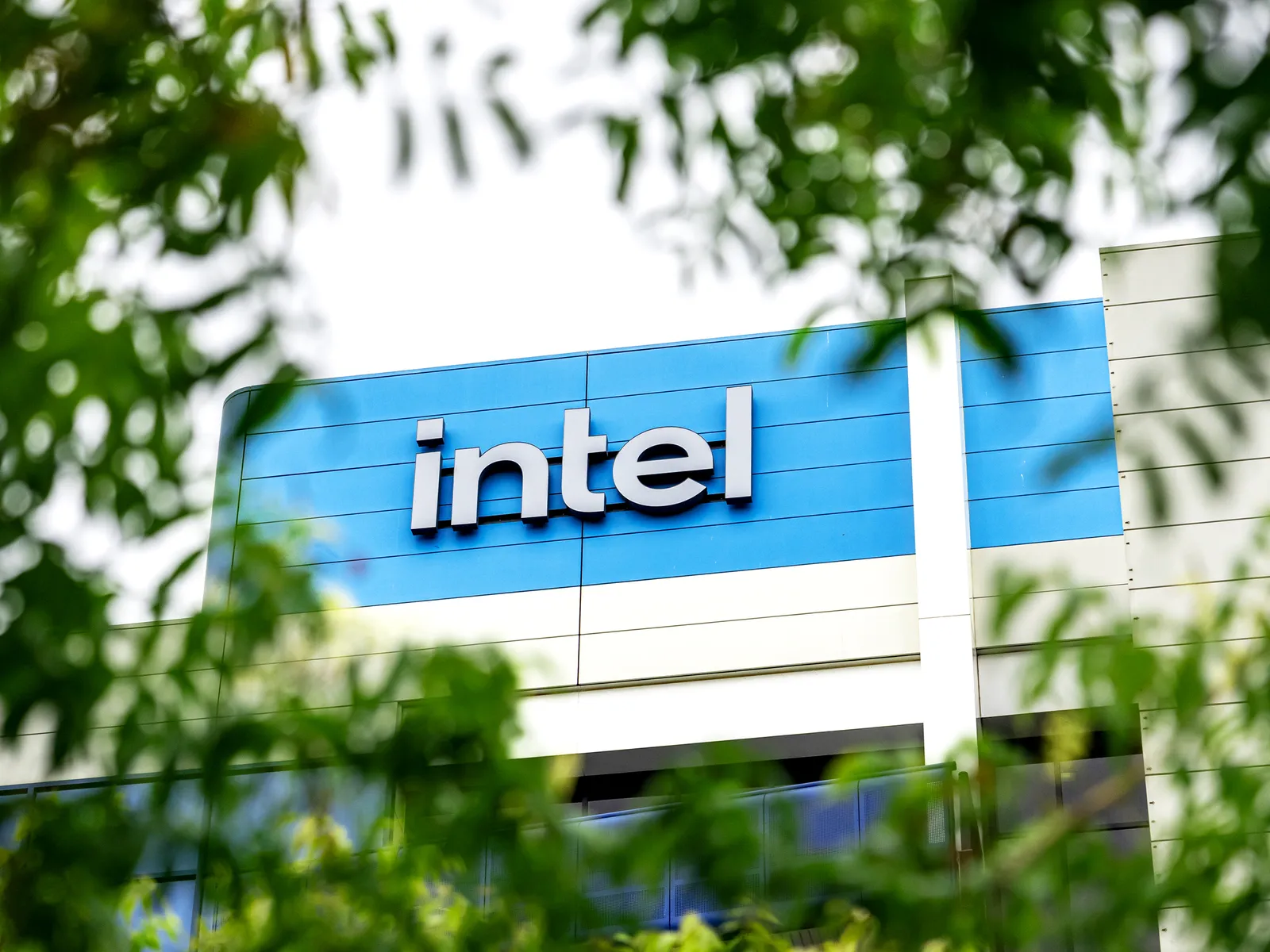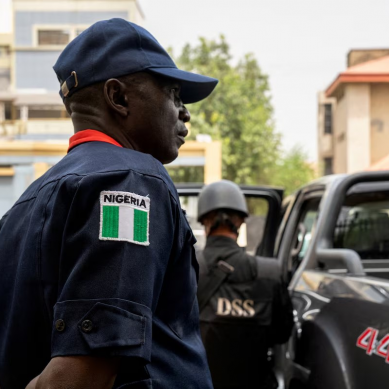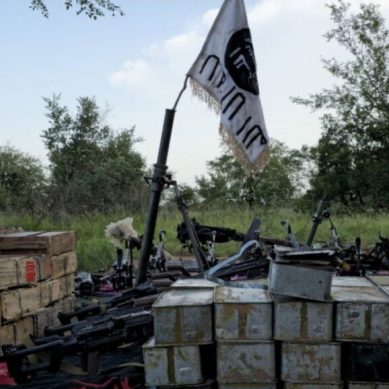
Association of Media Women in Kenya (AMWIK) in partnership with Policy Organisation is advocating for a safer digital space use, particularly for women, to minimise the high levels of abuse on digital platforms.
AMWIK Executive Director Queenter Mbori says the internet remains a double-edged sword for women as it was a space brimming with opportunities yet rife with challenges such as online violence, exclusion and gender inequality.
“The digital space offers a great opportunity for women, particularly in media and public spaces by providing an enabling environment, where they can advance their causes and advocacy,” said Mbori.
“On the other hand, the digital platform is also a hub for abuse and technology facilitated-gender-based Violence (technology facilitated-GBV),” she said in address during a training on the future of work aimed at empowering women for a digitally resilient future.
Technology Facilitated-GBV could be defined as acts of gender-based violence that are committed, abetted or aggravated, in part or fully, by the use of information and communication technologies (ICTs) such as phones, the internet, social media platforms and email. Common forms of technology facilitated-GBV attacks include; trolling, doxing, body shaming, abusive comments, revenge porn, hacking, impersonation, sextortion, deepfake, digital domestic abuse and online recruitment for exploitation that are motivated by the sexual or gender identity of the target or by underlying gender norms.
Mbori said this emerging form of violence undermined women’s participation in public discourse, silencing them and stripping them of their right to freely express themselves online.
The internet has transformed how we connect, work and participate in society,” she said adding that technology-facilitated violence against women was a pertinent issue that required more focus and concrete strategies to address it.
The Executive Director divulged that a Technology Facilitated- GBV research by AMWIK revealed that 60 percent of respondents had faced one form or the other of online harassment and abuse on the online space.
According to the Report, the most prevalent forms of technology facilitated-GBV are: being sent intimate images that one did not ask for (29.17 per cent), hate speech (25 per cent), harassing private messages (22.22 per cent) and cyber bullying and cyber stalking (20.8 per cent each).
She said the report highlights and exposes the growing threat of technology facilitated-GBV against women in public life including human rights defenders, community leaders and professionals in media and civil society.
“Sixty per cent is a huge number. As an association, we are trying to ensure that we are able to minimise the levels of abuse in the digital platforms,” she said, adding this report places a premium on the urgency of addressing online harassment and creating safer digital spaces for women.
Mbori underscored the urgent need for enhanced safety measures in digital spaces to protect women in public roles, including journalists, women politicians and women human rights defenders from technology facilitated-GBV.
“It is time to build a digitally resilient community of African women who champion a feminist internet that is safe, inclusive and empowering for a digitally resilient future,” said Mbori
She stressed that enhancing digital safety is essential and that security measures such as password managers and two-factor authentication could empower women to protect their online identities effectively.
“Some of the tips to increase your digital safety include; being careful who you add as a friend or follow-on online platforms and apps, block/unfriend anyone you feel is a threat, beware of public Wi-Fi and use of antivirus,” she said.
Mbori highlighted the connection between online violence and physical harm such as femicide, noting that digital abuse often extends into the real world, causing severe emotional distress and reputational damage.
“When you become a victim of abuse, please seek support and use available reporting mechanisms to seek help like going to the police or visiting associations like AMWIK that champion for women rights and safety,” She said
Cathy Irungu, a community mobiliser and political leader observed that, as the country approaches an electioneering period, technology facilitated-GBV against women politicians usually increases.
“Digital safety and security for women is an increasingly critical area of focus, especially in the context of raising online threats and gender based violence when nearing an election period,” said Irungu who revealed that she has been a victim of online abuse.
She called for a collective approach to address technology facilitated-GBV and emphasised the need for governments 9national and county), civil societies and political leaders to work together in building more robust legal frameworks, improved reporting mechanisms and greater psychosocial support for victims.
- A Tell / KNA report / By Anita Omwenga







